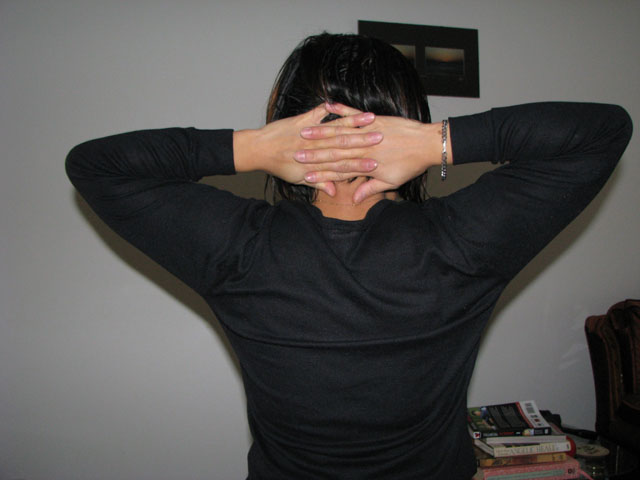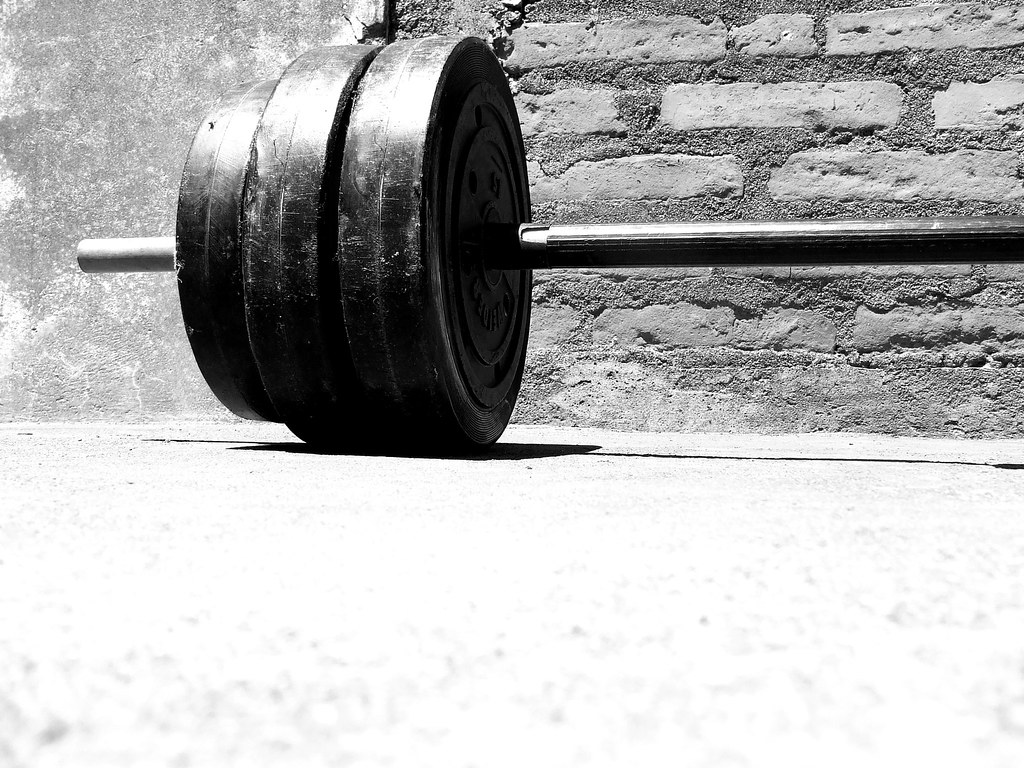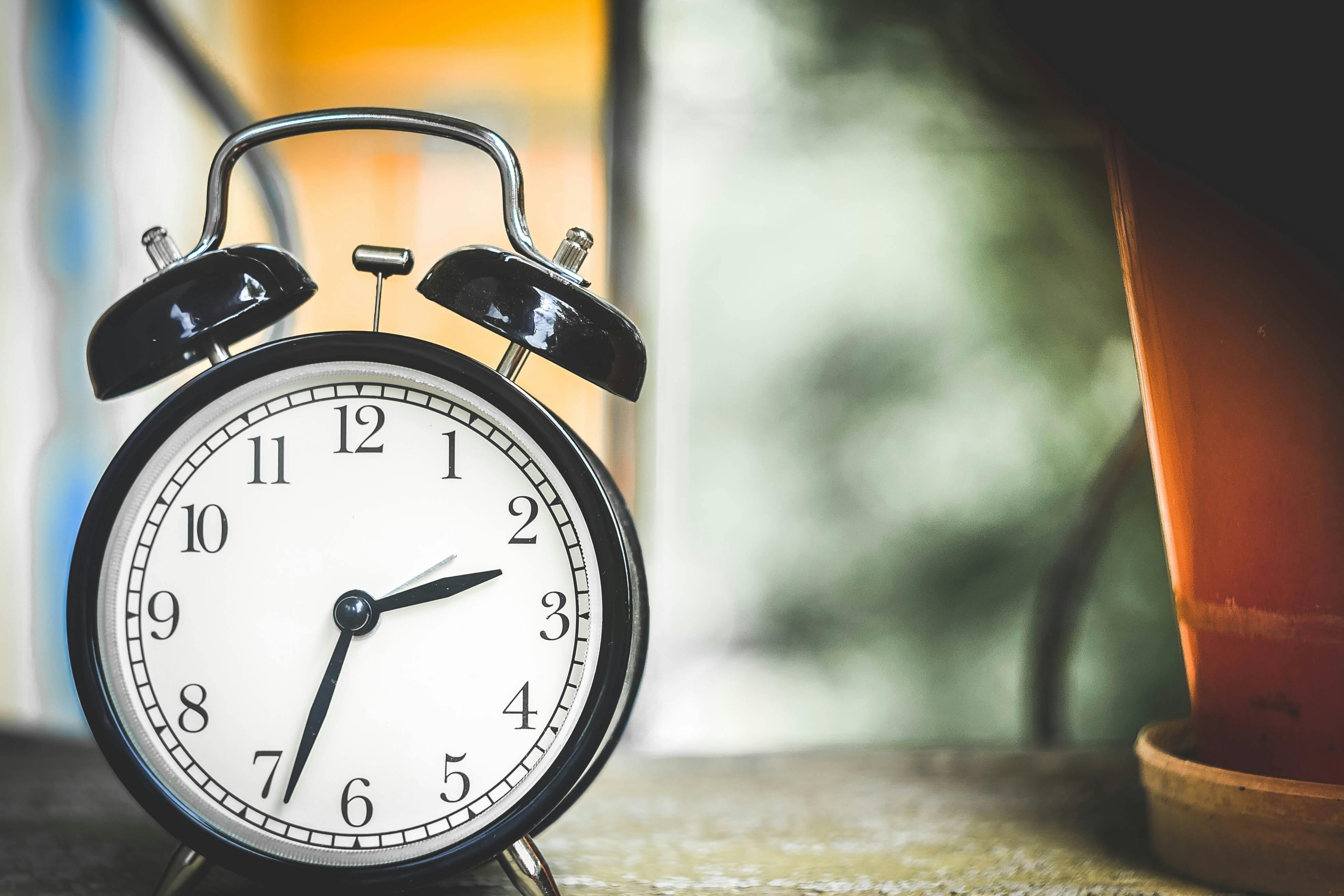Last week, I referred to a fitness challenge to pursue while you watch TV. This isn't an unrealistic expectation and you can gain some significant strength, at least without weights, while doing it. So now, a new challenge has come to mind, this time focusing on flexibility. I even have a hard time focusing on stretching, especially since it's not the most exciting thing in the world.
So, here it goes:

If you watch a 30-minute show, perform 5 minutes worth of stretching your upper body while you do it. Focus on the front of your shoulders and the rear (place your arm behind your back, stand up tall; place your arm in front of your body and pull into your body). Get your ears to touch your neck on both sides. Do all of this 2x.
If you watch an hour show, start off on the floor...keeping your legs straight try to touch your head to your knees. Then pull the soles of your feet in together and "force" your knees down to the floor. Next, lay on your back and pull your knees back and try to get them towards the floor. Do this for about 10-15 minutes.
It's simple, especially if you're watching something. If you watch a sporting event such as a basketball game or a football game (it's March right now as of this initial writing, so football is likely out), do this for 10-15 minutes per half.
In the end, your body will thank you....and me for writing this post advising it. Don't
' stop training and making yourself better.
So, here it goes:

If you watch a 30-minute show, perform 5 minutes worth of stretching your upper body while you do it. Focus on the front of your shoulders and the rear (place your arm behind your back, stand up tall; place your arm in front of your body and pull into your body). Get your ears to touch your neck on both sides. Do all of this 2x.
If you watch an hour show, start off on the floor...keeping your legs straight try to touch your head to your knees. Then pull the soles of your feet in together and "force" your knees down to the floor. Next, lay on your back and pull your knees back and try to get them towards the floor. Do this for about 10-15 minutes.
It's simple, especially if you're watching something. If you watch a sporting event such as a basketball game or a football game (it's March right now as of this initial writing, so football is likely out), do this for 10-15 minutes per half.
In the end, your body will thank you....and me for writing this post advising it. Don't
' stop training and making yourself better.



_participate_in_a_round_of_jumping_jacks_during_an_early_morning_physical_training_session_in_the_hangar_bay_aboard_the_aircraft_carrier_USS_Abraham_Lincoln_(CVN_72).jpg)











